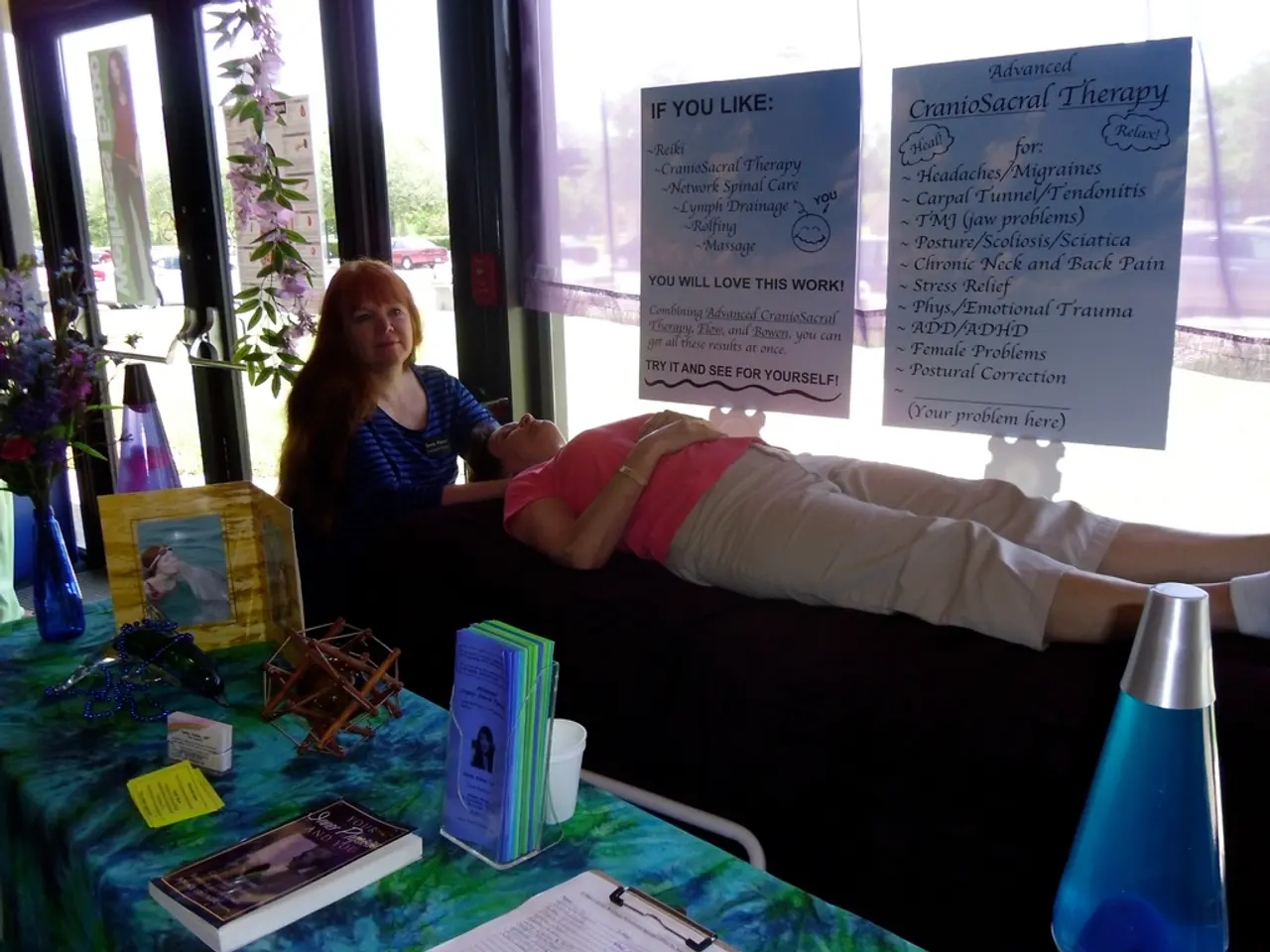Relieving Pressure: A Guide for De-Stressing
Taking Care of Yourself as an Activist: Strategies for Self-Care and Preventing Burnout
Activism is a demanding and often stressful endeavour, which is why it's essential for activists to prioritize self-care during breaks, weekends, or downtime. A balanced approach that addresses physical needs, mental and emotional health, and community-oriented practices can help prevent burnout and maintain wellbeing.
Attend to Basic Physical Needs
Ensuring you eat regular, nutritious meals, stay hydrated, and get about 8 hours of sleep each night can help regulate your mood and stabilize your nervous system, which may have been disrupted by the trauma or stress related to activism.
Limit and Curb Media Consumption
Reducing exposure to stressful news and social media content, and practicing digital detoxes or setting boundaries like no screens before bed, can improve your sleep quality and help you avoid overload.
Engage in Mind-Body Practices
Mindfulness, meditation, deep breathing, yoga, or other relaxation techniques can help reduce stress, promote self-acceptance, and restore balance.
Journaling and Gratitude Exercises
Writing about your thoughts and feelings can help clarify your emotions and celebrate your progress. Keeping a gratitude diary can foster positivity and mental clarity.
Spend Time in Nature
Outdoor activities such as walks, gardening, or even brief sunlight exposure can boost your mood and reduce mental fatigue.
Creative Expression
Participating in art, music, dance, singing, or playing instruments can help release emotional tension healthily and re-energize your spirit.
Physical Activity and Micro-Movements
Incorporating light exercise, stretching, or walk-and-talk sessions during downtime can increase your energy and reduce fatigue.
Connect with Community through Collective Care
Engaging in community dialogue, support groups, or collective healing practices can build resilience and political power. Activism burnout is not just an individual issue but a collective one, and collective care is crucial for a sustainable activist life.
Seek Professional Support and Dialogue
Therapy or conversations with trusted community members can provide emotional processing and maintain your mental health.
These strategies integrate personal wellbeing with community care, acknowledging that a sustainable activist life requires both individual rest and collective healing. Balancing rest and purposeful action, activists can better sustain their commitment while protecting their mental and physical health.
It's important to remember that emotions may surface when you take a break, including feelings of guilt or discomfort. It's crucial to be kind to yourself and seek support when needed. Taking a break can result in being rested, refreshed, and more productive in the future.
After a big year of effort, it's important to take time for reflection, evaluation, team-building, celebration, and planning. Identify individuals who help you relax, make you feel good, or are good listeners, and spend time with them during a break.
Crowdfunding can be used to cover the cost of fines for civil disobedience, reducing financial pressure on organizations or small grassroots groups. The article provides tips for getting the most out of a break, applicable to weekends or any captured moment for potential relaxation.
Elections can take a toll on campaigners and organizers, requiring self-care and support. It's acceptable to change the topic of conversation if discussing it would contradict your relaxation goals. Being an advocate for a controversial cause can lead to constant 'being on' and strong reactions from others, which can be stressful. It's suggested to give yourself permission to stop and appreciate yourself.
Arguing or converting conservative family members is not necessary during a break. Prioritizing your own needs is advised, without getting swept away by family pressures or a social calendar. Removing stressors from your environment is recommended, including managing smartphone usage to reduce work-related stress.
It can take time to wind down and relax, but it's acknowledged that it's worth the effort. Engaging in activities that shift your attention, such as movies, nature, hanging out with friends, cooking, reading, and creative activities, can help you relax and recharge.
[1] Source: Self-Care for Activists: A Guide to Avoiding Burnout and Building a Sustainable Activist Life, by Adia Harvey Wingfield [2] Source: The Activist's Guide to Self-Care: Practical Tools for Preventing Burnout and Staying Healthy, by Lydia Pelot-Hobbs [3] Source: The Art of Activism: A Guide to Making Real Change, by Carola von Hoffmannsthal [4] Source: The Burnout Solution: How to Prevent and Recover from Chronic Stress, by Dr. David M. Burns
- To maintain a sustainable activist life, it's crucial to organize resources for fundraising, such as crowdfunding for covering fines for civil disobedience, thereby reducing financial pressure on organizations and small grassroots groups.
- Activists should also invest time in mind-body practices like journaling and gratitude exercises during downtime, as they can help clarify emotions, celebrate progress, and foster positivity and mental clarity.
- In the process of self-care and preventing burnout, activists can benefit from collective care by connecting with community through support groups or collective healing practices, which can build resilience and political power, making the activist life more sustainable.




